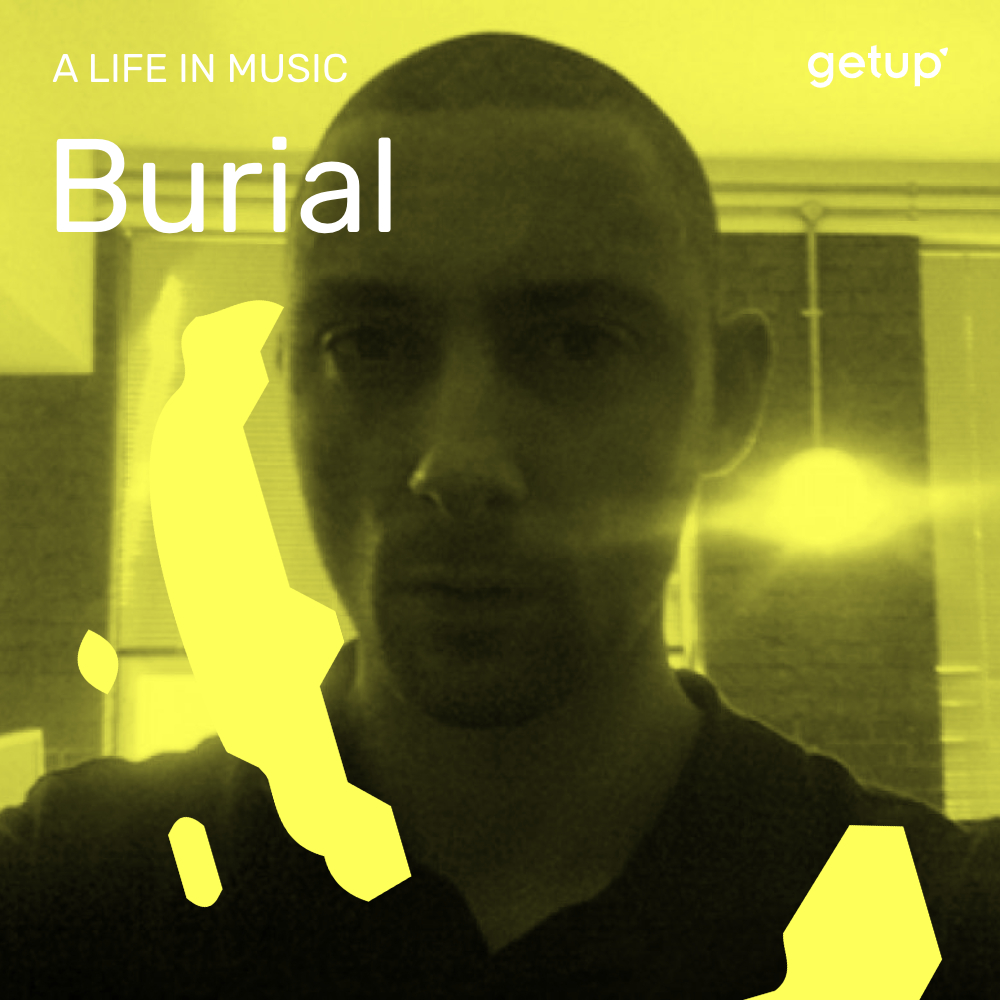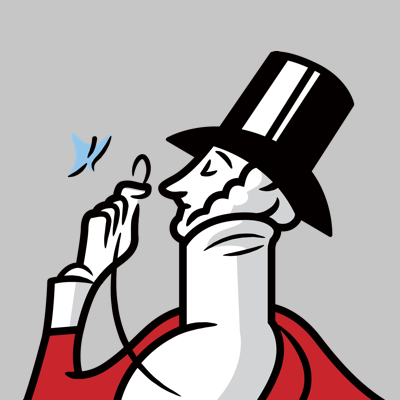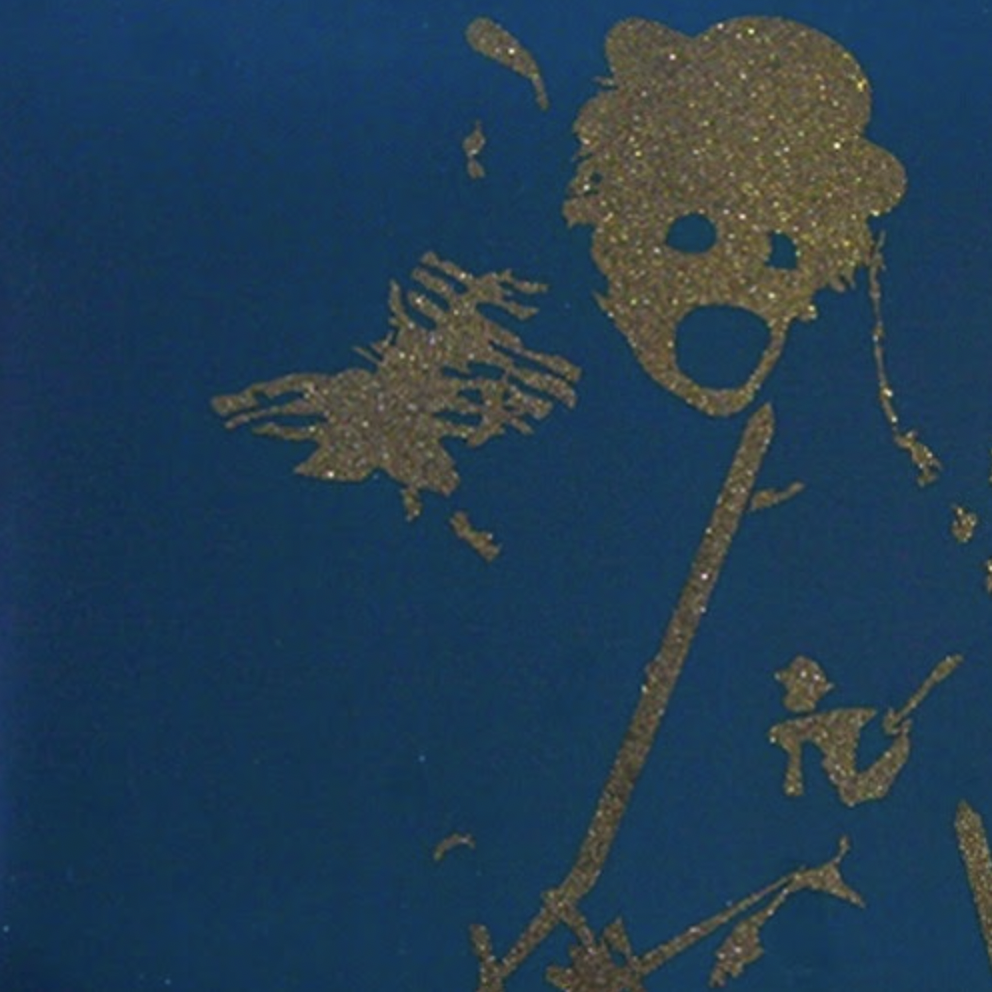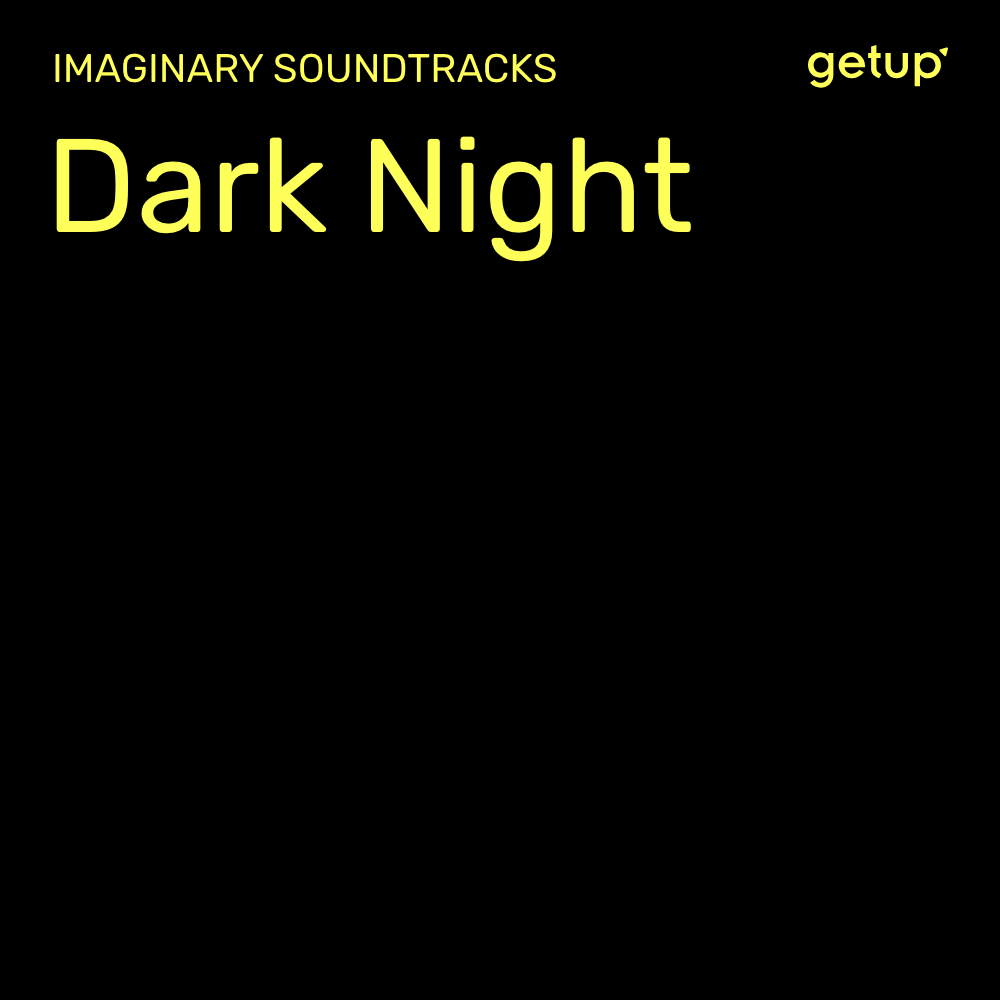It’s a name that evokes the sombre hours of cold-wave, a black and white aesthetic, and an artist who cultivated anonymity at a time when his contemporaries went in for overblown communication and media exposure. Keeping hidden, Burial returned us to a pre-internet air of mystery, when you had to make a huge effort to get information about underground artists, and had to imagine what he looked like because the album artwork gave nothing away, although it did manage to construct a unique world. But the covers wouldn’t have been enough to entice us had it not been for his totally bewitching and captivating music, also in black (the influence of dub and soul) and white (the freshness, the unrelenting rhythms), which have turned him into one of the most important figures of electronic music in the 21st century. He’s a paradoxical figure with productions that sound both abundant and minimal, electronic but nudging towards dancefloor, with only two albums to his name in a twenty year career.
It was in the summer of 2008, after a few years of wild speculation, that a British paper outed the artist. Behind Burial hides William Bevan, a fan of jungle and garage, two genres pushed underground during the nights of the 90s. He found his own style thanks to the music in his brother’s record collection, that came to be influenced by a harder and darker techno when he discovered the rave scene. The most fascinating thing about Burial is his ability to impose himself as a complete innovator whilst being part of a generation defined by dubstep – a mixing of Berlin minimal dub with UK urban styles such as drum’n’bass, grime and 2-step. He hit the bull’s eye right from his very first productions and immediately seduced Steve Goodman who was then setting up his label Hyperdub.
The proof of his talent lies in something hard to pull off in electronic music – an album. Burial gained popularity first with the simply titled album Burial (2006) which was then followed a year later by Untrue, a masterpiece that earned him a nomination for the prestigious Mercury Prize.
This remains his ‘latest’ album, and his desire to stay in the shadows is less a marketing ploy than a simple bid to lead a quiet life. However, he’s been far from inactive, having created a multitude of maxi-singles, finding in this format a great way of developing longer tracks of over 6 minutes. Far from repeating himself, Burial has evolved considerably over the years, becoming attracted to a less syncopated sound and one that’s more and more ethereal, such as the single Subtemple/Beachfires (2017) that falls into the category of ambient music.
Bevan has also come out of his shell for multiple collaborations. In 2011, he remixed two of Massive Attack’s tracks, “Four Walls” and “Paradise Circus”, for a limited edition (only 1000 copies were made) 12’ vinyl that is, naturally, absent from streaming platforms. This collab seems so natural as the Bristol band could be seen as Burial’s musical godparents, given their fresh approach to trip-hop which reached its pinnacle on the album Mezzanine. Thom Yorke, a fan of the producer, asked him to remix a track from his solo album The Eraser. The lead singer of Radiohead also sang on six tracks with Burial and Four Tet, that are unfortunately also absent from the streaming services.
Under the name Flame 1 and Flame 2, Bevan worked on two singles with producer Kevin Martin aka The Bug, one of the members of King Midas Sound and another Hyperdub artist. As a tribute to the underground UK scene that he loves, he also released – with Steve Goodman aka Kode9 – FABRICLIVE 100, the 100th volume in a series dedicated to UK bass, drum’n’bass, grime, and hip-hop, intended to give a flavour of Friday nights at the London club Fabric.
British singer Ellie Goulding revealed to Billboard that her and Bevan went way back, their friendship having started before she shot to fame, and that she thought of him as her all-time hero. I don’t know Ellie, but I completely agree with her.

%20(1).png)



.jpg)
.jpg)
.jpg)
